Nigeria’s Banking Giants Navigate Profit Pressures and Promises in 2025
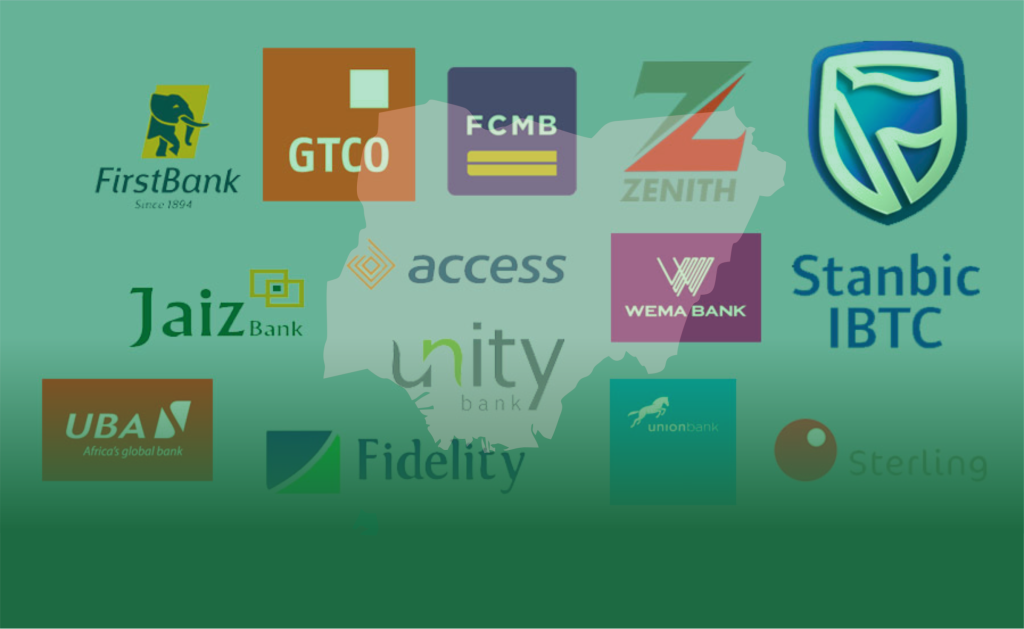
Top 10 most profitable Nigerian banks in the first half of 2025.
Nigeria’s financial sector continues to demonstrate both resilience and recalibration, as the nation’s top ten listed banks posted a combined pretax profit of ₦2.7 trillion for the first half of 2025. Though this figure represents a 12% drop from the ₦3.16 trillion reported in the same period of 2024, it underscores the enduring strength of Nigeria’s banking system in a year marked by currency volatility, inflationary pressures, and shifting monetary policies.
Pretax profit: earnings before taxes, remains a key metric for evaluating banks’ operational efficiency and underlying performance. It tells the story of how well institutions are navigating high funding costs, evolving customer behaviour and new regulatory realities.
The Numbers: 10 Most Profitable Banks (H1 2025)
-
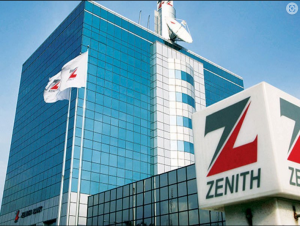 Zenith Bank – ₦2.7 trillion,
Zenith Bank – ₦2.7 trillion, 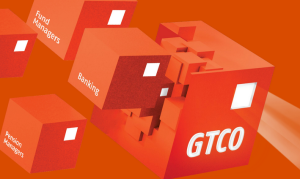 GTBank – ₦600.9 billion,
GTBank – ₦600.9 billion, United Bank for Africa (UBA) – ₦388.4 billion,
United Bank for Africa (UBA) – ₦388.4 billion,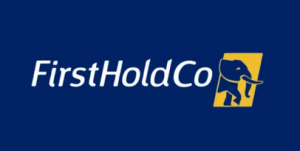 First HoldCo – ₦356.1 billion,
First HoldCo – ₦356.1 billion,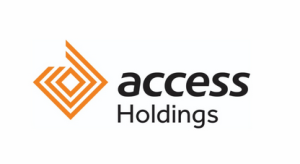 Access Holdings – ₦320.5 billion,
Access Holdings – ₦320.5 billion,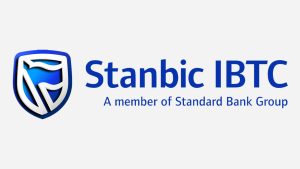 Stanbic IBTC – ₦243.7 billion,
Stanbic IBTC – ₦243.7 billion,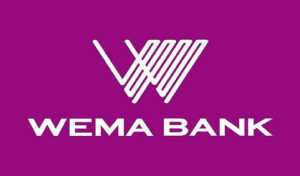 Wema Bank – ₦100.5 billion,
Wema Bank – ₦100.5 billion, FCMB – ₦79.1 billion,
FCMB – ₦79.1 billion,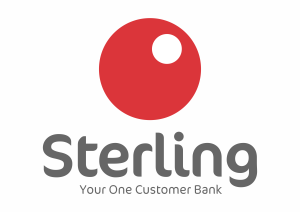 Sterling Bank – ₦45.5 billion,
Sterling Bank – ₦45.5 billion, Jaiz Bank – ₦14.7 billion. (Fidelity Bank’s results were yet to be released at press time.)
Jaiz Bank – ₦14.7 billion. (Fidelity Bank’s results were yet to be released at press time.)
Beyond the balance sheet: what the numbers reveal at first glance, the dip in aggregate profitability might raise concerns. But the deeper narrative is one of strategic adaptation and competitive resilience. Nigerian banks are recalibrating to new realities, ranging from the Central Bank’s tightening policies and FX reforms to digital banking disruptions and changing customer expectations.
UBA’s position near the top highlights its success in cross-border diversification, leveraging pan-African and international operations to cushion domestic shocks. Similarly, First HoldCo and Access Holdings reflect how the nation’s biggest lenders are morphing into financial ecosystems, combining commercial banking, fintech, and investment arms under one roof.
Meanwhile, the presence of Jaiz Bank, Nigeria’s flagship non-interest institution, among the top ten shows growing acceptance of ethical finance models and the excavating of Islamic banking in West Africa’s largest economy. This portrays part of the human and cultural undercurrents.
In the mindfulness of the ordinary Nigerians, these numbers are more than corporate scorecards. They mirror the health of everyday financial life. Banks’ performance affects credit availability, loan pricing, and investment confidence. As profits tighten, lenders may become more cautious, slowing access to funds for small businesses and households already struggling under the weight of inflation.
Yet, the cultural dynamism of Nigeria’s banking sector, which is young, tech-driven and customer-centric, is creating new opportunities. Digital adoption continues to expand financial inclusion, while banks invest heavily in apps, agency networks and AI-driven services that meet customers where they are. Embracing the social and political dimensions.
The political context cannot be ignored. Economic reforms, including exchange-rate unification and subsidy removal, have reshaped the financial terrain. While banks initially benefited from FX gains in 2024, the 2025 environment demands true operational efficiency and prudential discipline. Investors, regulators, and citizens are watching how banks balance profit motives with national economic recovery goals.
Moreover, as Nigeria grapples with social inequality and unemployment, banks face rising expectations to play a more developmental role in funding infrastructure, agriculture and renewable energy, not just urban consumer markets.
The bottomline is, Nigeria’s banking industry remains one of Africa’s most sophisticated and competitive, even amid profit compression. The first half of 2025 paints a picture of an industry in transition, profitable but pressured and innovative yet cautious.
Whether profits rebound in the second half may depend less on monetary policy and more on how the banks translate their resilience into inclusive growth, ensuring that the success reflected in these numbers resonates beyond the boardrooms, into homes, markets and communities across the country.






